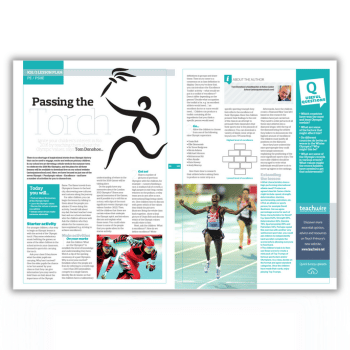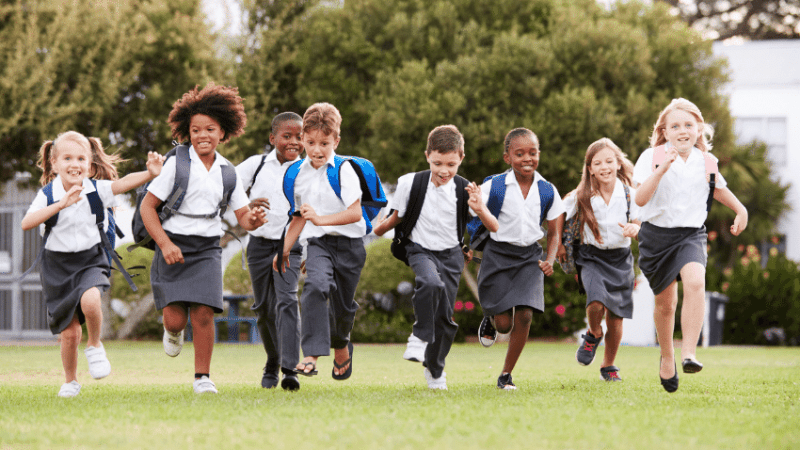With the Right Training, Schools are Well-Placed to Support Children with Experience of Trauma

Dr Judith Howard explains how, with the right training, schools are well-placed to support children with experience of trauma…

There are two aspects to complex childhood trauma. The first involves exposure to repeated traumatic experience, such as emotional, physical or sexual abuse, significant neglect or family violence. Sadly, this will tend to occur early in life, with the instigators of said harm often those people whom children depend on most for nurture and protection.
The second aspect of complex trauma presents ongoing challenges for pupils and schools. Neuroscientific research has shown that complex trauma can impact on the developing nervous system, leading to long-term impacts on children’s learning, emotional self-regulation and capacity to relate to others in a safe and adaptive way.
Of course, if a pupil is struggling with learning and managing their emotions and relationships, he or she is going to struggle at school. It’s therefore vital that school leaders, teachers and specialists are informed about, and respond well to, the concerns that trauma-surviving pupils bring with them into the classroom.
Infants and young children who experience complex trauma can miss out on the repeated environmental and relational activity necessary to stimulate adaptive neural development. Unfortunately, if their neural growth suffers at this vital and rapid stage of development, there are likely be concerns regarding their emotional, relational and behavioural outcomes throughout their school years.
Experience of complex trauma can lead to an overly sensitive ‘sympathetic nervous system’ (SNS). This is the part of the nervous system that reacts to perceived threat through a physiological response commonly understood as ‘fight, flight, or freeze’.
During a ‘fight or flight’ response, the SNS can slow down digestion and divert blood away from the stomach, redirecting it to major muscles while increasing heart rate and the secretion of stress hormones.
This type of response causes school pupils to become more adept at addressing perceived threats, via behaviours that typically involve physical or verbal attacks or running away.
During a ‘freeze’ response the SNS can slow heart rate and respiration, while releasing chemicals that lead to ‘dissociation’ – a state that reduces susceptibility to pain and produces psychological distance from perceived threat.
Trauma-aware training
This ‘fight, flight or freeze’ response can occur regularly, with little warning, and as a reaction to threats that don’t actually exist. Feelings of being unsafe and surges of overwhelming anxiety can occur suddenly and dramatically in reaction to what would otherwise be considered as benign school conditions or relationships. The resulting behavioural outbursts and repeated relational sabotage can cause much frustration for teachers.
However, the message from neuroscience is that a child’s school years can provide an opportunity to remedy the harm done, due to the malleable and changeable nature of the child and adolescent brain. The brain typically develops in a use-dependent manner, with the result that adaptive interactions between pupils and their physical and relational school environments can stimulate neural repair.
When schools become places that students perceive as safe and inclusive, and when educators understand the neuroscience of trauma and incorporate trauma-aware approaches, schools can provide a different template of possibility. Educators who have received training in this area are more likely to have an empathetic and differentiated response towards students who have suffered complex trauma, and feel empowered to explore other behaviour management options.
These students need to be given opportunities to try again without being excluded from learning environments and relationships, and schools must accept that every trauma-surviving student is an individual deserving of their own individualised support. If education professionals want fewer behaviour concerns and better outcomes for trauma-surviving pupils, then they should prioritise trauma-aware workforce training and support for all schools.
Dr Judith Howard is a senior lecturer specialising in trauma at the Queensland University of Technology; and the author of the book Distressed or Deliberately Defiant? Managing challenging student behaviour due to trauma and disorganised attachment.











